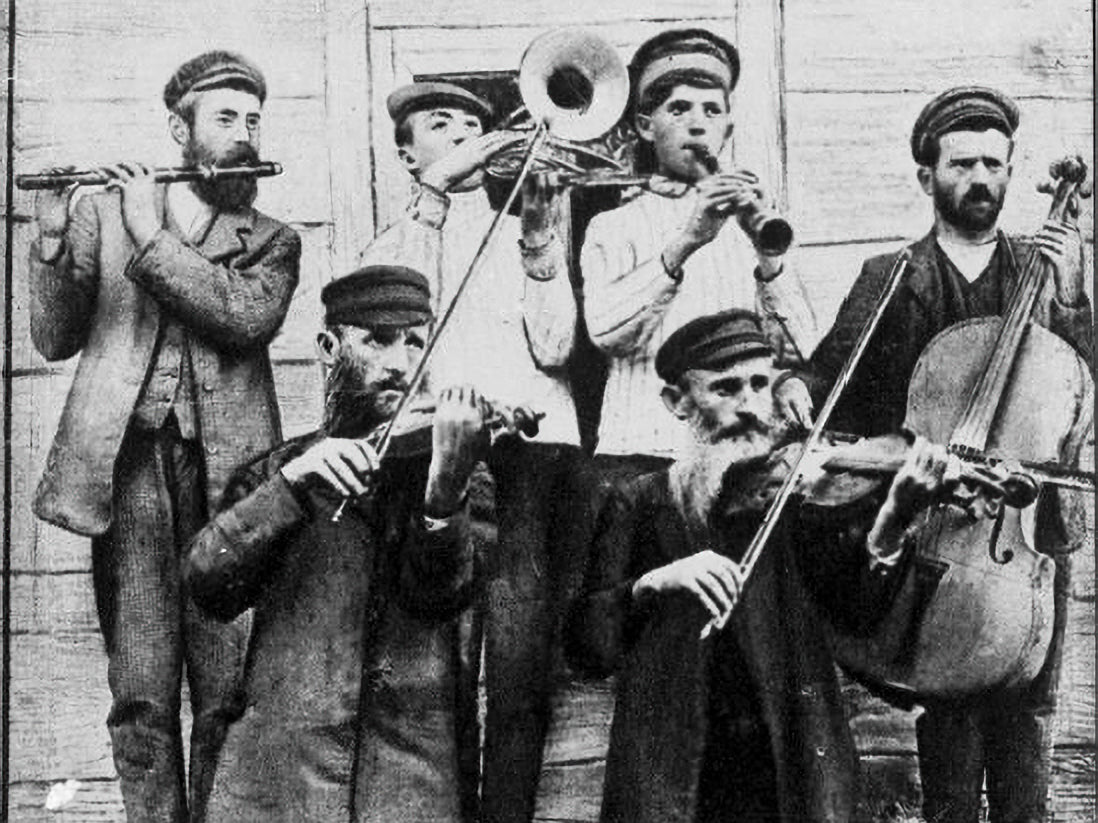JOEL ANGEL (1868-1927)
Jewish Folk Songs (1909/12)
ILSE WEBER (1903-1944)
Songs from Theresienstadt (1942–44)
MIECZYLAW WEINBERG (1919-1996)
Jewish Songs op. 13 (1943)
Chamber Symphony No. 4 op. 153 (1992)
Shachar Lavi, mezzo-soprano
Daniel Grossmann, conductor
Together with the young Israeli mezzo-soprano Shachar Lavi, the JCOM presents a journey through the musical history of Shtetl and Shtot in the 20th century: how can music preserve the memory of the long past? What musical traces of the Eastern European Shtetl can be found in (folk) song compositions by Jewish classical composers? Daniel Grossmann goes in search of traces along the biographies of three artists:
At the beginning of the 20th century, Joel Engel traveled to Jewish shtetls in Galicia to document Yiddish folk music – and with the melodies, life in a long-lost world.
The writer Ilse Weber continued her artistic work even in the Theresienstadt concentration camp. Before being deported to Auschwitz, where she was murdered along with the children she was caring for as a nurse, she walled up her manuscripts of poems and songs so that they survived the Shoah.
The Second World War forced Mieczysław Weinberg to flee to the shtetl in Minsk, where he studied composition, and then to Tashkent. Shostakovich eventually invited him to Moscow, where Weinberg died in 1996. The influence of the Jewish folklore of the shtetl, which he knew from his youth, is unmistakable in his work, even into old age.






